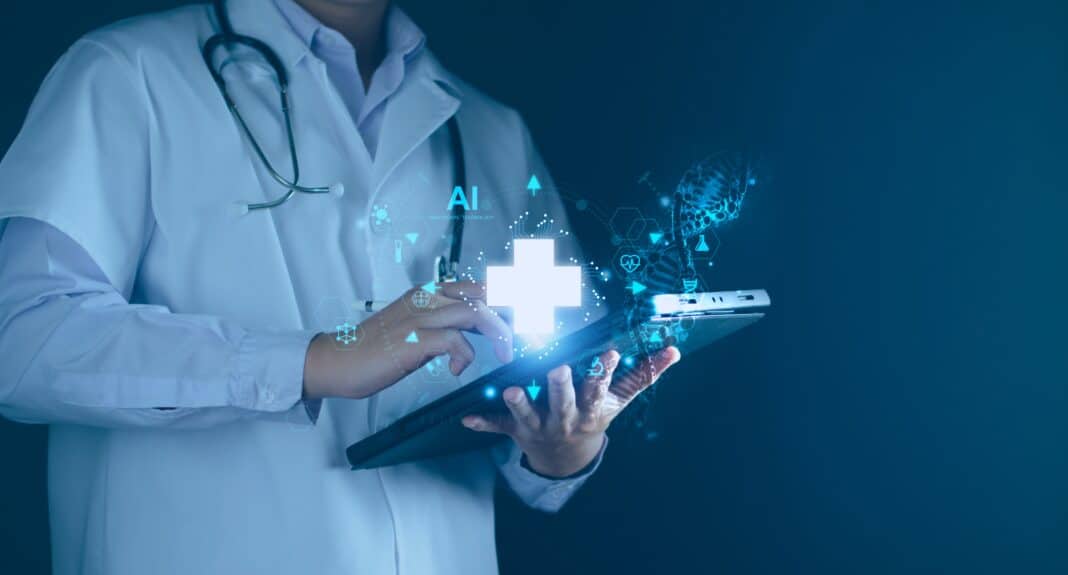The healthcare industry has seen a significant transformation in recent years, driven by the growing integration of Internet of Things (IoT) technology. IoT is the network of interconnected devices, sensors, and systems that can collect, exchange, and analyze data. In the healthcare sector, IoT has the potential to revolutionize patient care, optimize operational efficiency, and improve overall outcomes. As we look ahead to 2024, there are several key IoT trends that are expected to shape the future of healthcare. From the rise of telemedicine and remote patient monitoring to the increasing use of artificial intelligence and machine learning, IoT is poised to continue transforming the way healthcare services are delivered. Additionally, the integration of IoT with wearable devices and the growing emphasis on data security and privacy will be crucial areas of focus. As healthcare organizations strive to provide more personalized, efficient, and accessible care, the strategic adoption of IoT technologies will be a critical component in their pursuit of these goals. By understanding and embracing these emerging IoT trends, healthcare providers can leverage the power of connected devices to enhance patient experiences, streamline operations, and ultimately deliver better health outcomes in the years to come.
Top Trends to Watch in 2024
As the healthcare industry continues to evolve, the integration of Internet of Things (IoT) technology has become increasingly critical. Looking ahead, there are several key IoT trends that are expected to shape the future of healthcare. Here are the top 5 trends to watch:
- Telemedicine and Remote Patient Monitoring
One of the most significant IoT trends in healthcare is the rise of telemedicine and remote patient monitoring. IoT-enabled devices, such as wearable sensors and smart home technologies, can continuously collect and transmit patient data to healthcare providers, allowing for more frequent and comprehensive monitoring of patients’ health status. This not only improves access to care, especially for patients in remote or underserved areas, but also enables early intervention and proactive management of chronic conditions. By leveraging IoT-powered telemedicine, healthcare providers can offer virtual consultations, remote diagnostic services, and personalized treatment plans, enhancing the overall patient experience and improving health outcomes.
- Artificial Intelligence and Machine Learning
The integration of artificial intelligence (AI) and machine learning (ML) with IoT in healthcare is another key trend to watch. IoT devices can generate vast amounts of real-time data, which can be analyzed using AI and ML algorithms to identify patterns, predict outcomes, and make data-driven decisions. For example, IoT-enabled medical devices can use AI to detect early signs of diseases, optimize medication dosages, and provide personalized treatment recommendations. Additionally, AI-powered chatbots and virtual assistants can be integrated with IoT devices to provide patients with on-demand support and guidance, improving the overall quality of care. IoT healthcare software plays a crucial role in unlocking the full potential of AI and ML in the healthcare industry, enabling the development of advanced analytics and personalized care solutions.
- Wearable Devices and Personalized Healthcare
The widespread adoption of wearable IoT devices, such as smartwatches, fitness trackers, and smart clothing, is expected to continue shaping the healthcare landscape. These devices can collect a wide range of health data, including heart rate, physical activity, sleep patterns, and even vital signs. By integrating this data with IoT-enabled EHR (Electronic Health Record) systems, healthcare providers can gain a more comprehensive understanding of their patients’ health, enabling them to deliver more personalized and proactive care. Furthermore, the combination of wearable IoT devices and AI-powered analytics can help individuals take a more active role in managing their own health, leading to improved self-care and healthier lifestyles.
- Cybersecurity and Data Privacy
As the healthcare industry becomes increasingly reliant on IoT technologies, the importance of cybersecurity and data privacy will be a critical trend to watch. IoT devices can be vulnerable to cyber threats, such as hacking, data breaches, and ransomware attacks, which can compromise sensitive patient information and disrupt healthcare operations. To address these concerns, healthcare organizations will need to implement robust security measures, including encryption, access controls, and advanced threat detection and response capabilities. Additionally, the development of IoT-specific security protocols and the adoption of regulatory frameworks, such as the General Data Protection Regulation (GDPR) and the Health Insurance Portability and Accountability Act (HIPAA), will be crucial in ensuring the confidentiality, integrity, and availability of patient data.
- Intelligent Supply Chain Management
The integration of IoT technology can also have a significant impact on the healthcare supply chain. By equipping medical equipment, pharmaceutical products, and logistics networks with IoT sensors, healthcare organizations can gain real-time visibility into the location, condition, and availability of critical supplies. This can help optimize inventory management, reduce waste, and ensure the timely delivery of essential medical resources. Additionally, IoT-enabled supply chain management can help healthcare providers anticipate and respond to disruptions more effectively, improving the overall resilience and efficiency of the healthcare system.
Conclusion
These 5 IoT trends – telemedicine and remote patient monitoring, artificial intelligence and machine learning, wearable devices and personalized healthcare, cybersecurity and data privacy, and intelligent supply chain management – are expected to play a pivotal role in shaping the future of healthcare. As healthcare organizations continue to embrace the transformative potential of IoT, they will be better positioned to provide higher-quality, more accessible, and more personalized care to patients, ultimately improving health outcomes and enhancing the overall well-being of the communities they serve.


